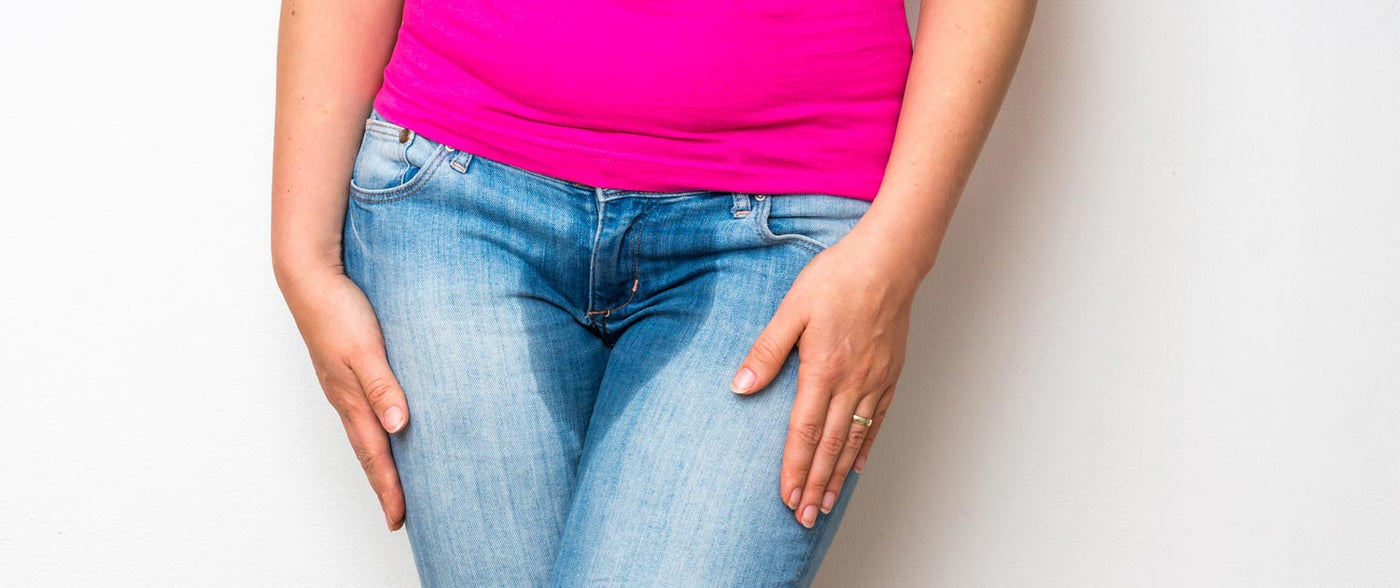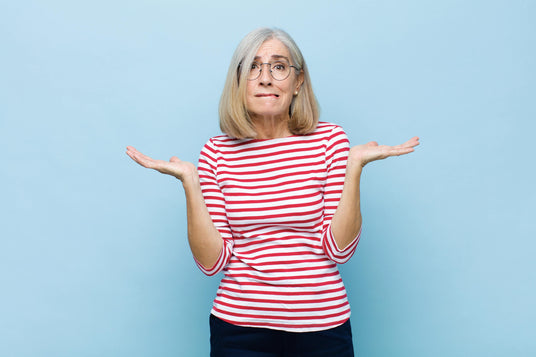Many people struggle with urinary incontinence every day. In fact, it is estimated that up to 25% of all older adults experience incontinence, and the condition is about twice as common in women as it is in men.
Urinary incontinence is the medical term for involuntary urination—a condition where unintentional leakage of urine occurs.
Besides being a physically uncomfortable issue for those who suffer from it, incontinence unfortunately also has significant social and psychological impacts for many. Involuntary urination is a condition that many people feel embarrassed about, leading them to keep it to themselves. As a result, too few seek medical advice and miss out on knowledge about the numerous solutions and treatments available.
But let's make one thing clear from the start: There is absolutely no reason to feel ashamed about incontinence! It's a common issue that affects a vast number of people, and there are plenty of solutions available to help manage it, so you don't have to let it hold you back.
At Seniorshop, we're focusing on involuntary urination in this article—not only to help break the taboo but also to reassure you that you're far from alone. At the bottom of the page, you can also learn more about the many effective aids we offer and how they can make a difference for you.
Incontinence Affects Mental Health
Dealing with a problem or condition alone can be a very isolating experience. For many older adults, incontinence is associated with shame and can have profound effects on their social lives. Some are afraid of possible odors or what others might think, so they choose to stay away. Others are anxious about going outdoors, worried about finding a restroom in time if the urge strikes.
In these cases, incontinence shifts from being just a physical issue to a larger problem: isolation from the outside world due to shame or feeling "wrong." This is why incontinence often leads to psychological consequences, including depression, anxiety, and loneliness.
Given how common incontinence is among older adults, there's a significant need to break the taboo and increase awareness in society, so no one has to feel alone or embarrassed.
A good starting point is bringing knowledge and information to light to dispel myths and misunderstandings. Let's start by understanding what incontinence is and why it happens.
What Is Incontinence?
As mentioned earlier, urinary incontinence is the medical term for involuntary urination, and it generally falls into two categories:
- Stress Incontinence
- Urge Incontinence
Stress incontinence typically occurs during physical activities or when laughing, sneezing, or coughing. These actions generate extra pressure on the abdomen, which can lead to involuntary leakage. This may occur as small drips or larger amounts of urine.
Stress incontinence is relatively common, affecting both young and older people, and is often a sign of weakened pelvic floor muscles. For men, the most frequent cause is an enlarged prostate, which can also occur following surgery.
The term urge incontinence comes from the English word “urge,” which means a strong desire. As the name suggests, this type of involuntary urination results from a sudden, intense need to urinate. If you don't reach the toilet in time, urine leakage can occur.
However, incontinence doesn't have to be solely one type or the other—it can also be a combination of both. Regardless, it is important to speak with your doctor if you experience symptoms of incontinence, as there is a lot of help available in terms of treatment, prevention, and aids.
Myths About Incontinence
When a topic is taboo, it often gives rise to many myths and misunderstandings. We've touched on this already, but let's debunk a couple of the most common myths about incontinence once and for all.
Myth 1: Incontinence Only Affects Older Women
No, involuntary urination can be an issue for people of all ages, including men. It's true that more women struggle with incontinence than men, but it is also common among males—particularly older men.
The risk of incontinence increases with age, but in fact, up to 17% of young women over 20 years old experience problems with involuntary urination.
Myth 2: There Is No Treatment Available
Actually, there is, but because many individuals avoid seeking help, they often aren't aware of the treatment options. The most common and effective methods include simple pelvic floor exercises and bladder training. There are also medical treatments and surgical options for severe cases. In short, a lot can be done to potentially cure or at least significantly improve the condition.
Find the Perfect Incontinence Aids in Our Webshop
Aids are designed to enhance the individual’s quality of life, reducing worries and making everyday life easier. At Seniorshop, we naturally have plenty of aids for dealing with involuntary urination. These products can lead to a freer life with as little discomfort as possible.
Here’s a selection of the many incontinence aids we offer at Seniorshop and how they can help you:
Adult Diapers and Incontinence Pads
First on the list are inserts. We offer a wide range of incontinence pads and adult diapers with varying absorbency for both men and women. For example, you can find several adult diapers and incontinence pads that absorb moisture and prevent odors. There is also a focus on discreet and compact solutions that aren’t visible under clothing. Among the brands we carry is the well-known brand TENA® for both men and women.
Incontinence Underwear and Swimwear
We also offer various incontinence underwear designed to absorb moisture and reduce odor issues. These are available as boxershorts for men and as panties for women. You can also get incontinence swimwear, allowing you to visit the pool without worry.
Incontinence Pads and Mattress Protectors
In our shop, you’ll also find many types of incontinence pads, both disposable and reusable. With an incontinence pad, you can easily protect your armchair or bed from stains and spills. We also offer incontinence bedding, which is wonderfully soft to sleep in.
If you’re worried about smells, we also offer a variety of odor eliminators that can greatly enhance your well-being. Our odor removal products work by neutralizing odors (rather than masking them), and they are available as a spray or in concentrate form, which you mix with water. This ensures your clothes and furniture remain odor-free if an accident occurs.
With the right incontinence aids, you're well on your way to improving your quality of life.


